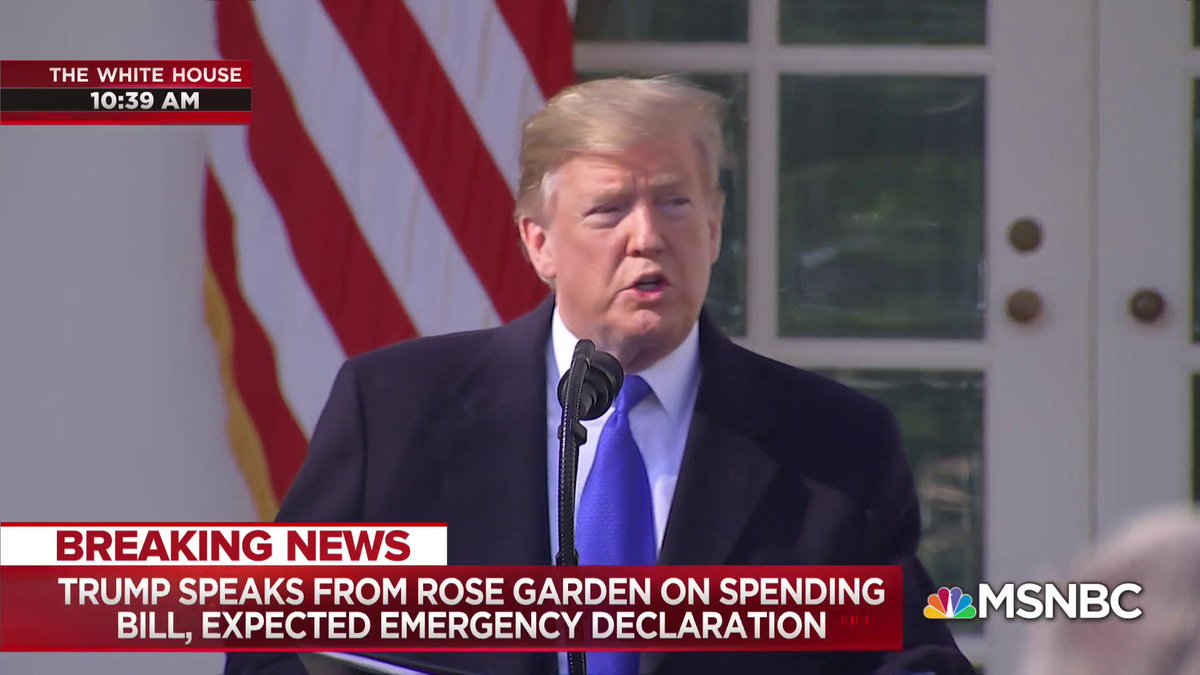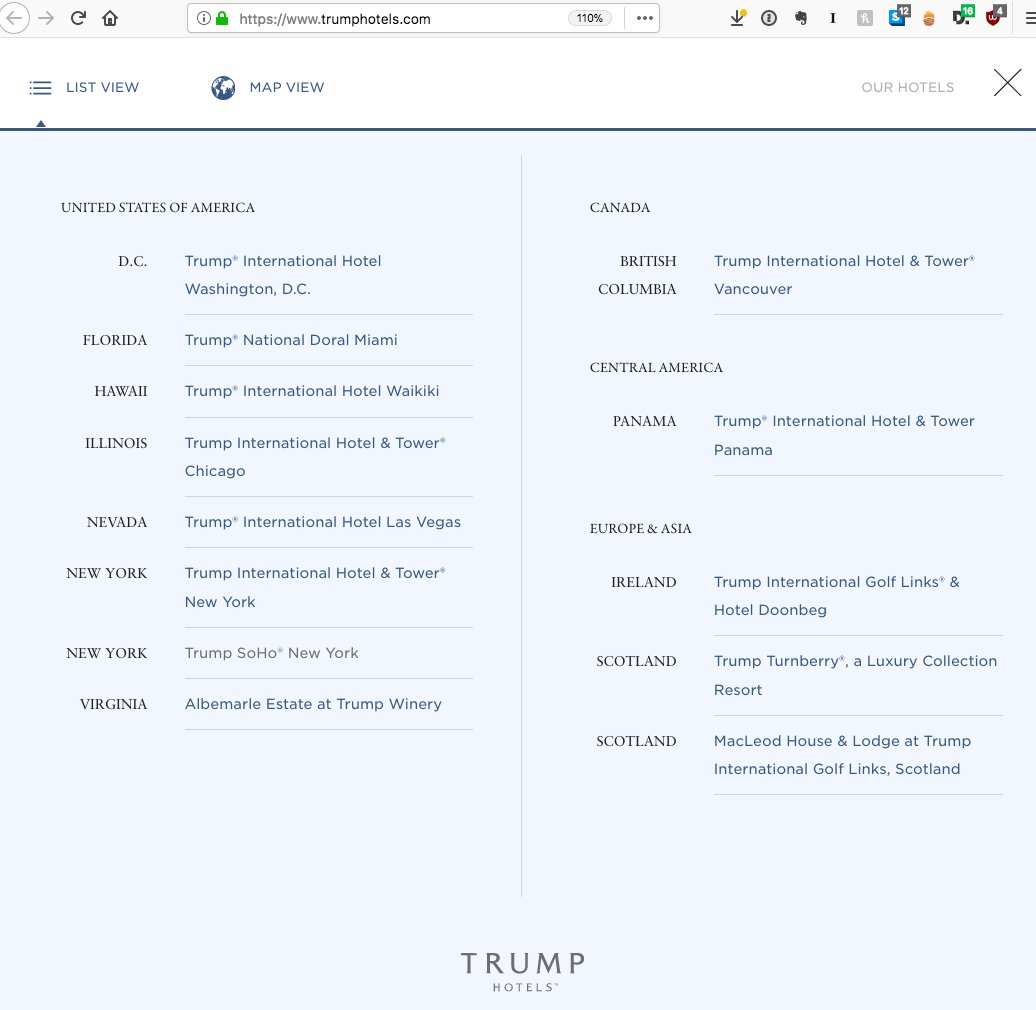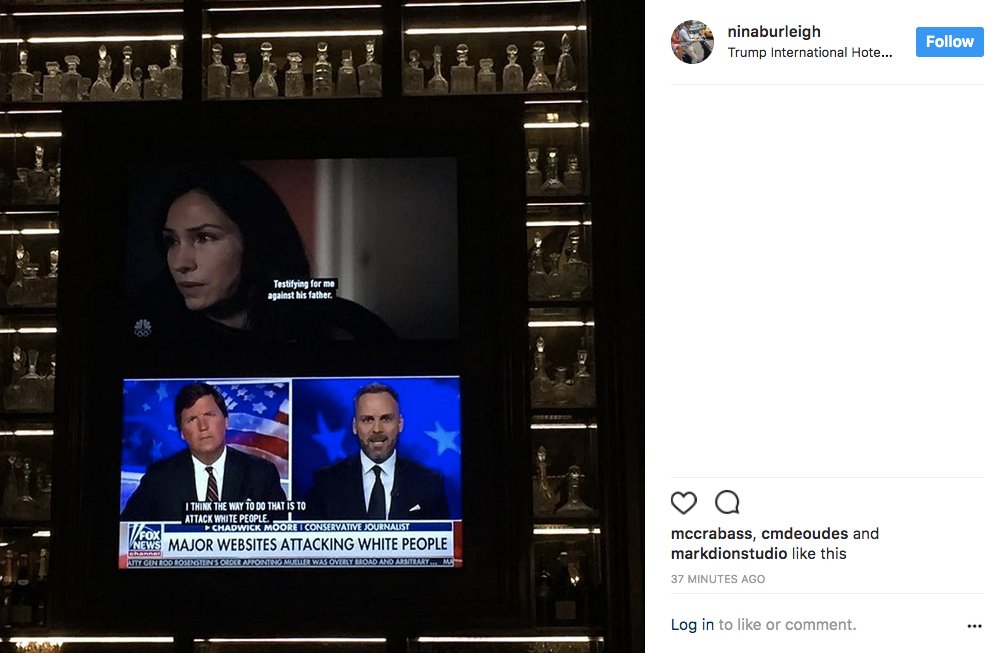President Trump is invoking long-standing statutory authority to build the wall.
Want to repeal the underlying statute? Fine.
But your action today says that Trump can’t use this power - but that Democrats can.
But when Trump declares a national emergency on our border, you object?
Respectfully, Senator, please reconsider.
Democrats - and the media - are gaslighting you.
That said - I think there are some serious problems with his argument, which I'll go through here.
foxnews.com/opinion/sen-ra…
Youngstown is important, and Justice Jackson's concurrence does lay out the framework for executive power.
The problem? @RandPaul's characterization is *close* to what Youngstown says - but not close enough.

The Senator argues that there are "really two questions" - whether the President has the *statutory* authority, and whether he has the *constitutional* authority.

If President Trump has the statutory authority, he's in zone 1 of Youngstown, and on firm constitutional ground. If he doesn't, he isn't.
It might be unconstitutional for other reasons. It might violate some other constitutional principle.
But not this one.
FIN






















